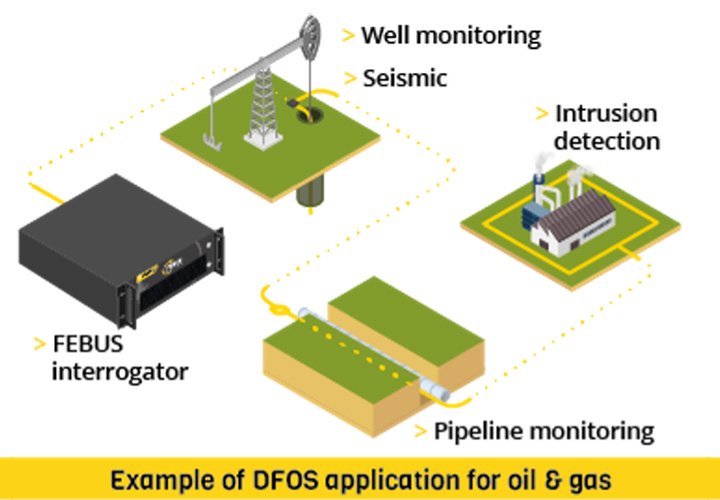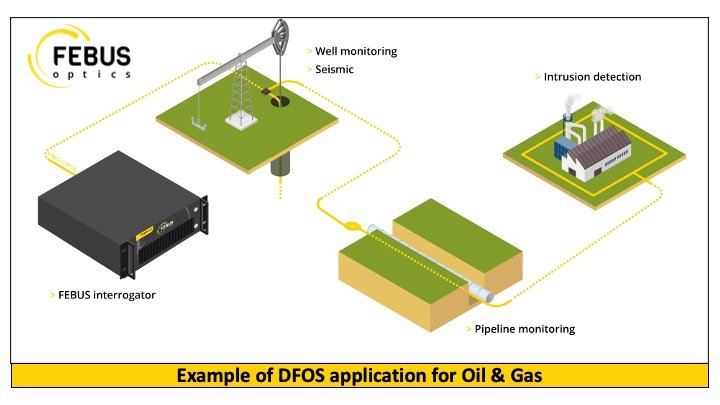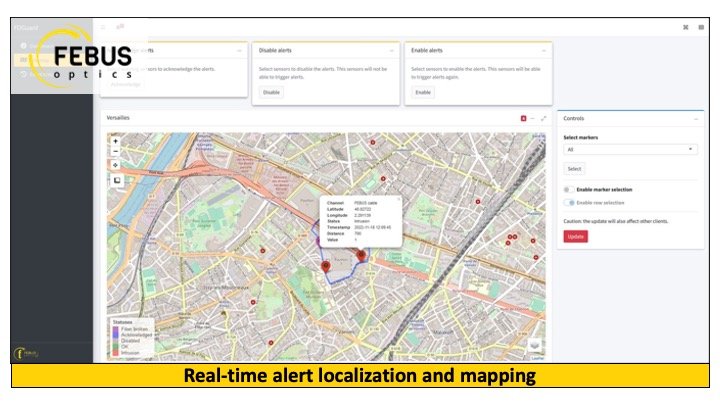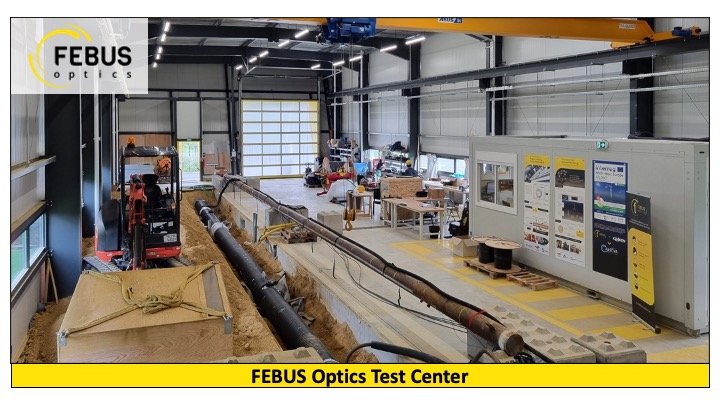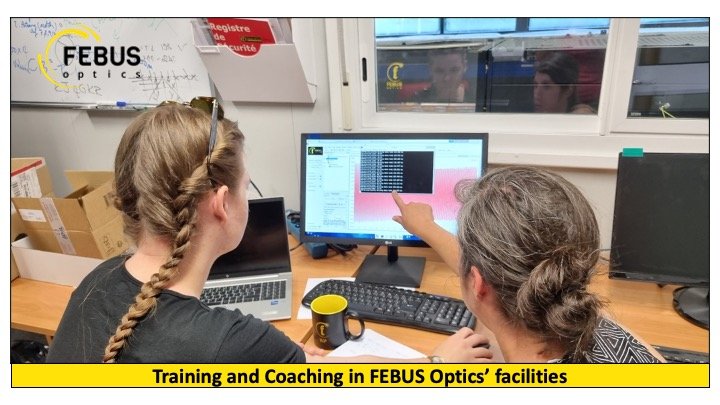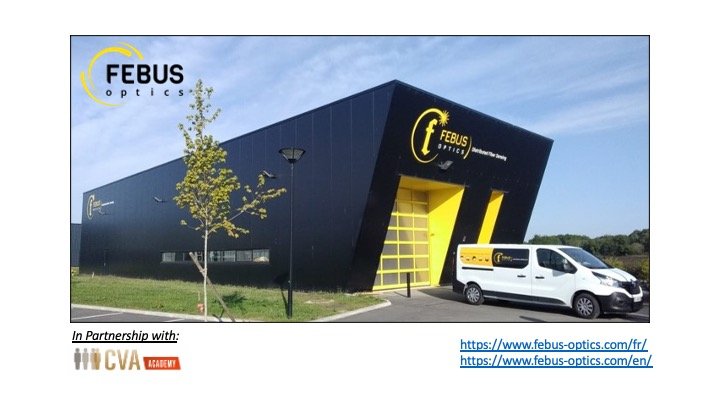DISTRIBUTED FIBER SENSING PRINCIPLES & APPLICATIONS
A practical understanding of optical fibers as sensors, using FEBUS’ devices
- Course Type
Short Course - Duration
2-3 days - Thematic
Geosciences - Location
- Country
FRANCE -
Satisfaction rate
NEW
